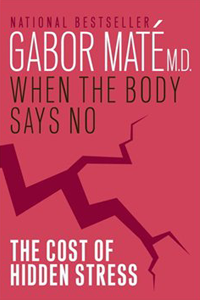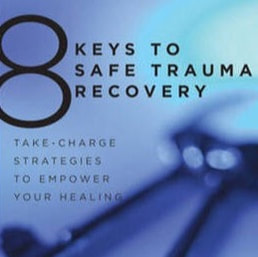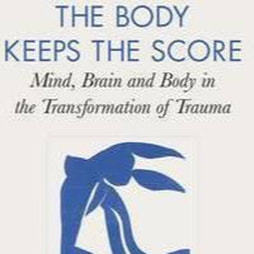Recommended Reading
|
8 Keys to Safe Trauma Recovery
by Babette Rothschild Trauma recovery is tricky; however, there are several key principles that can help make the process safe and effective. This book gives self help readers, therapy clients and therapists alike the skills to understand and implement eight keys to successful trauma healing: mindful identification of what is helpful, recognising survival, having the option to not remember, creating a supportive inner dialogue, forgiving yourself for not being able to stop the trauma, understanding and sharing shame, finding your own recovery pace, mobilising your body, and helping others. This is not another book promoting a new method or type of treatment; rather it is a necessary adjunct to self-help and professional recovery programmes. After reading this book, readers will be able to recognise their own individual needs and evaluate whether those needs are being met. They will have the tools necessary to put themselves in the driver's seat, navigating their own safe road to recovery. |
|
The Body Keeps the Score
Bessel van der Kolk The effects of trauma can be devastating for sufferers, their families and future generations. Here one of the world's experts on traumatic stress offers a bold new paradigm for treatment, moving away from standard talking and drug therapies and towards an alternative approach that heals mind, brain and body. |

When The Body Says No
Gabor Mate
Can a person literally die of loneliness? Is there a connection between the ability to express emotions and Alzheimer’s disease? Is there such a thing as a “cancer personality”?
Drawing on scientific research and the author’s decades of experience as a practicing physician, When the Body Says No: The Cost of Hidden Stress — published in the U.S. with the subtitle Exploring the Stress-Disease Connection, and also available in audiobook format — provides answers to these and other important questions about the effect of the mind-body link on illness and health and the role that stress and one’s individual emotional makeup play in an array of common diseases.
Gabor Mate
Can a person literally die of loneliness? Is there a connection between the ability to express emotions and Alzheimer’s disease? Is there such a thing as a “cancer personality”?
Drawing on scientific research and the author’s decades of experience as a practicing physician, When the Body Says No: The Cost of Hidden Stress — published in the U.S. with the subtitle Exploring the Stress-Disease Connection, and also available in audiobook format — provides answers to these and other important questions about the effect of the mind-body link on illness and health and the role that stress and one’s individual emotional makeup play in an array of common diseases.



